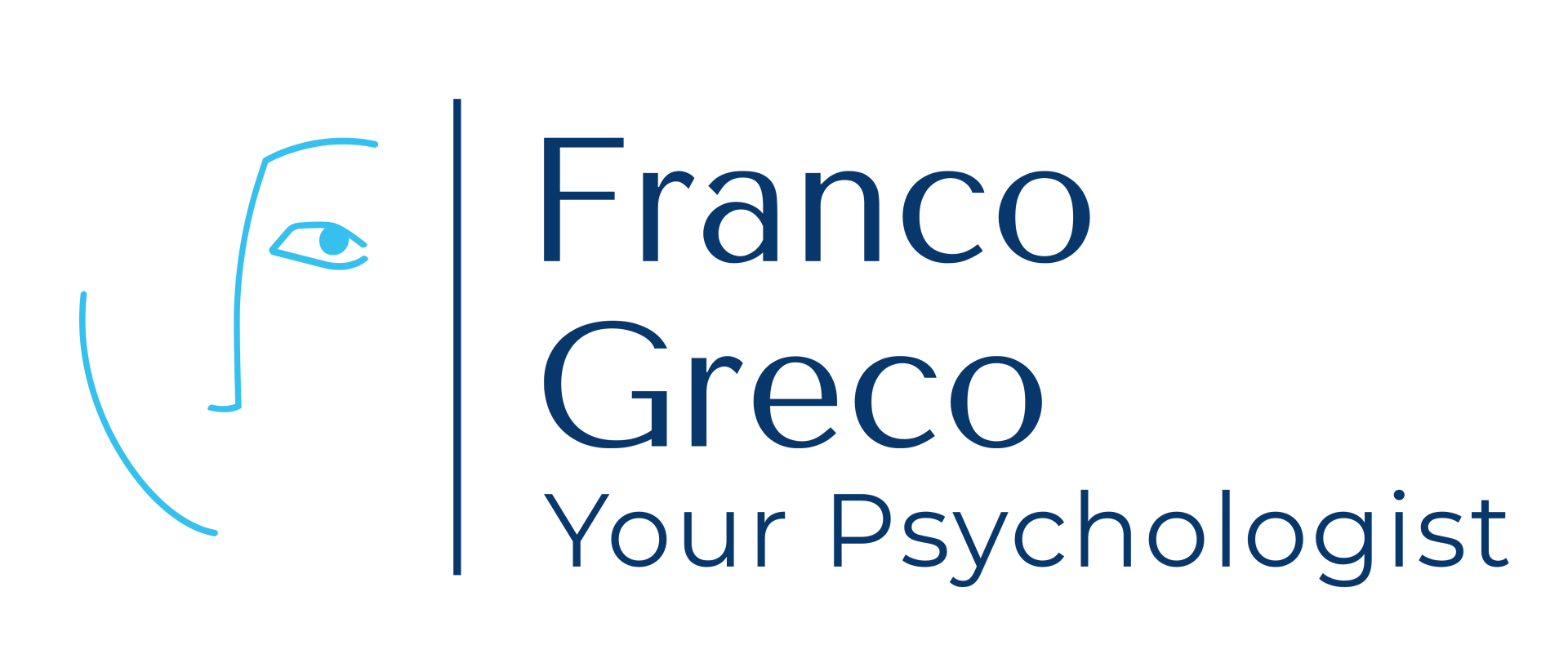Find out how our parents frame the way we approach life post 40.
Franco Greco • November 29, 2019
Whether we like it or not, our parents play a big part in who we become as adults. Now new research suggests that we still rely on them well into mid-life.

Alexandra Kissling and Corinne Reczek, a research team from the Ohio State University, found that while we look to our mothers in much the same way we do when we’re children — asking them for advice and hoping they’ll be there to help us through periods of bad health, for instance — fathers act more like “cautionary tales”, examples of what not to do.
The research team conducted 90 qualitative interviews with midlife adult children: 45 gay, lesbian and straight couples aged between 40 and 60 years old. As they interviewed the couples, the researchers examined the influence of both the participants’ parents and their in-laws.
Each participant, interviewed separately from their spouse, was asked open-ended questions about their their health and their relationship with their family, such as “tell me about your relationship with your parents and your spouse’s parents”. More specific and targeted questions were also introduced, including “how do your parents support you during hard times” and “do your in-laws talk to you about their health?”.
Thirty-seven participants described parents as acting as “cautionary tales” — making a positive impact on their health, but doing so by acting as warnings. And this was particularly true of fathers.
“Adults in our study talked about how they were affected by their fathers having really poor health behaviors, like smoking or heavy drinking ... They really wanted to make sure they didn’t make the same mistakes," says Kissling.
In contrast, the continued support of mothers in adulthood could be related to “intensive mothering” — the idea that mothers are not only primary caregivers but that they also put everything into parenting, often placing the needs of their offspring before their own.
“The level of caring never stops, and mothers are there to help their children even as adults,” Kissling explains.
Can we generalise these findings? The researcher point out that the sample size is small and the reliance on self-reporting is not always the most accurate way to measure impact. They also point out that gendered norms are currently being renegotiated and rethought, it’s hard to say how long these particular relationships and assumptions about the roles of mothers and fathers will last.
My Thoughts
I do see in my own private practice, the impact that parents have on my clients. The research findings do correlate with my own first hand therapy experience of my clients who see their parents - particularly fathers - as 'cautionary tales' and not wanting to commit or live out their mistakes.
Something for You
Though we may not always have the most accurate or objective understanding of how our family relationships work, understanding the way we experience them is still worthy of attention.
Further information
The research article can be found at:
Thank You
To Emily Reynolds (@rey_z) - a staff writer at BPS Research Digest - I drew my article material from her work at:
https://digest.bps.org.uk/2019/11/04/parents-play-different-roles-in-our-health-as-adults-mothers-support-us-while-fathers-are-often-cautionary-tales/
Office Hours
Wednesday: 9am - 6pm
CONTACT ME TODAY
Thursday: 9am - 6pm
Friday: 9am - 6pm
or
SCHEDULE AN APPOINTMENT
